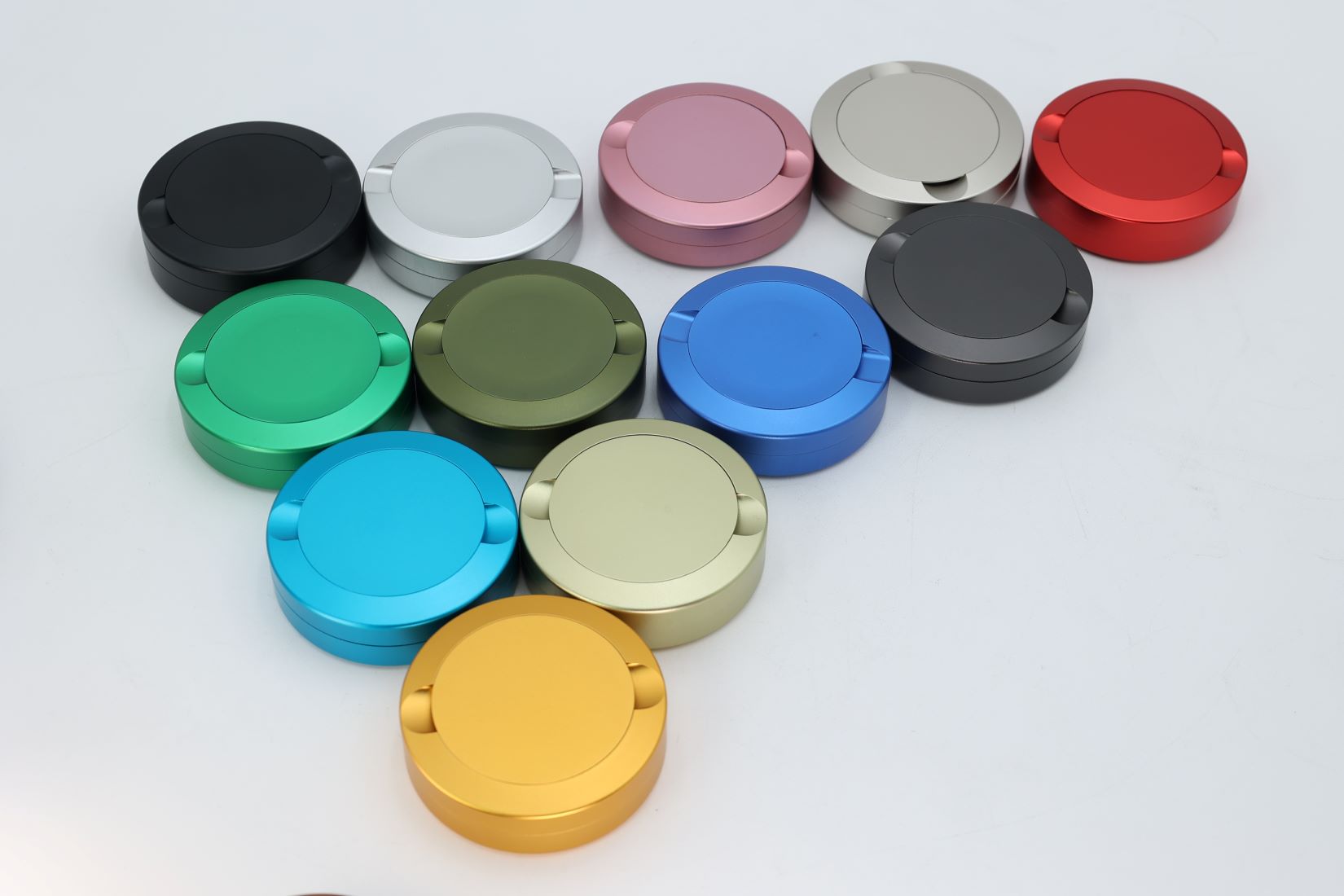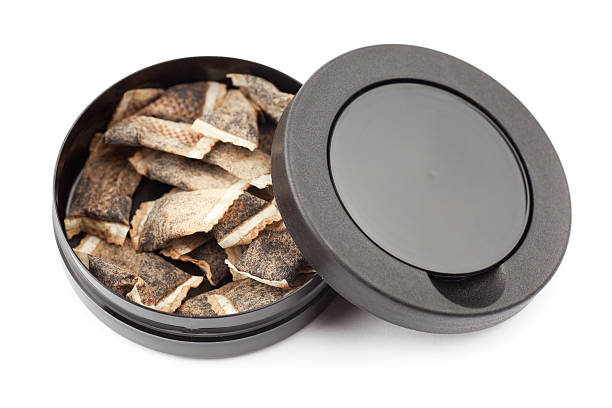- time:2025/10/21 posted:admin
Reducing Plastic Waste in the Snus Industry: Are Recyclable Containers the Answer?
In recent years, the global packaging industry has been under increasing pressure to reduce plastic waste. Among niche markets, the snus industry faces particular challenges due to the small size, durability requirements, and hygiene needs of its containers. As sustainability becomes a priority for consumers and regulators, manufacturers are exploring recyclable snus storage solutions that balance environmental responsibility with practicality. The question remains—can recyclable materials truly meet the demands of this unique sector?
1. The Growing Environmental Burden of Snus Packaging
Snus, a form of smokeless tobacco, traditionally relies on plastic-based containers to maintain product freshness and ensure portability. However, these containers contribute to global plastic pollution once discarded. Since snus is consumed daily by millions, even small amounts of packaging waste accumulate rapidly. Many conventional containers are made from non-recyclable plastics like polypropylene blends, which resist degradation for decades.
Governments in regions such as Scandinavia and the EU have begun tightening regulations on single-use plastics, pushing manufacturers to rethink their designs. At the same time, consumer attitudes have shifted toward brands that demonstrate ecological awareness. The result is a growing demand for eco-friendly snus containers that minimize carbon footprints without compromising quality or user experience.|

2. Why Plastic Dominated for So Long
Plastic earned its dominance in snus packaging for several reasons. It is lightweight, durable, and cost-effective, making it ideal for mass production. It also forms an airtight seal that prevents moisture loss and preserves product integrity—a key factor for maintaining the snus’s aroma and texture. Furthermore, its versatility allows for branding flexibility, supporting both matte and glossy finishes and a wide range of color customizations.
Yet, the very characteristics that make plastic so effective also make it environmentally problematic. Its resistance to decomposition means billions of used containers linger in landfills or natural environments. Therefore, transitioning toward recyclable or biodegradable materials has become both a technological and ethical necessity for modern brands.
3. The Rise of Recyclable Snus Storage Solutions
To address sustainability concerns, packaging manufacturers are experimenting with recyclable plastics, aluminum, and paper-composite containers. These materials provide structural strength while allowing end-of-life recycling through existing waste management systems.
Recyclable plastics (e.g., PET or HDPE) maintain durability and resistance to moisture but can be processed through standard recycling channels.
Aluminum containers offer a premium appearance, are fully recyclable, and provide excellent protection against light and humidity.
Paper-based composites use renewable fibers combined with thin protective layers, creating a biodegradable yet functional design.
Each alternative presents a unique balance of aesthetics, protection, and eco-responsibility, helping manufacturers align with sustainable goals while enhancing brand value.
4. Design and Material Considerations in Eco Snus Packaging
Designing sustainable snus containers goes beyond simply replacing plastic. It requires a detailed understanding of user behavior, shelf-life requirements, and branding expectations. For example, snus users expect containers that are easy to open with one hand, resealable for freshness, and pocket-friendly.
This means materials must provide structural integrity while staying lightweight. Recyclable polymers, when molded using efficient manufacturing processes, can achieve similar performance to traditional plastics. Advanced injection-molding and thin-wall technologies help reduce material consumption while maintaining durability.
Moreover, brands are now integrating minimalist graphics and eco-labeling to communicate sustainability. Clean, matte surfaces combined with embossed logos convey authenticity and align with the rising trend of natural, responsible aesthetics.
5. Recycling Challenges and Infrastructure Gaps
Despite innovations, challenges remain in ensuring that recyclable snus packaging truly achieves circularity. Many regions lack adequate facilities for sorting and recycling small-format containers. Because snus boxes are often contaminated with organic residue, they may be excluded from recycling streams.
To overcome these issues, companies are testing take-back systems and deposit incentives, encouraging consumers to return used containers for proper recycling. Collaborative initiatives between packaging suppliers, waste management companies, and snus brands are critical to creating a functional recycling ecosystem.
Investment in clear labeling and consumer education also plays a vital role. When users understand how to dispose of products correctly, the overall recycling rate significantly improves, enhancing the sustainability profile of the industry.

6. Brand Value and Market Differentiation through Sustainability
For luxury and mainstream brands alike, adopting recyclable snus storage solutions is more than a compliance effort—it is a strategic advantage. Modern consumers, especially younger demographics, increasingly associate sustainable packaging with premium quality and ethical values.
Brands that embrace eco-innovation often gain stronger loyalty and positive brand perception. They can leverage this through storytelling, highlighting their environmental commitment across marketing materials and product launches. As the snus market grows globally, especially in emerging regions, early adopters of sustainable packaging will position themselves as industry leaders.
7. The Future Outlook: Toward a Circular Snus Packaging Economy
The future of snus packaging will likely merge material innovation, smart design, and recycling integration. Research is advancing into bioplastics derived from corn starch, cellulose, or sugarcane, which could replace petroleum-based polymers entirely.
Furthermore, modular container designs that separate components for easier recycling are under development. Digital tracking through QR codes may soon enable traceability of materials, ensuring transparent recycling outcomes and improving environmental accountability.
Ultimately, the industry’s progress depends on cross-sector collaboration—uniting suppliers, manufacturers, policymakers, and consumers under a shared goal of reducing waste and promoting circularity.
Conclusion
The snus industry is at a pivotal stage of transformation. Traditional plastic packaging, while practical, no longer aligns with global sustainability goals. The emergence of recyclable snus storage solutions offers a tangible path forward, balancing product preservation, consumer expectations, and ecological responsibility.
By investing in recyclable materials and responsible design, brands can lead the shift toward a more sustainable future. The transition will not be without challenges, but its long-term benefits—for the environment, businesses, and consumers alike—are undeniable. Recyclable containers are not just an answer to plastic waste; they represent the next evolution of packaging intelligence and brand integrity.
